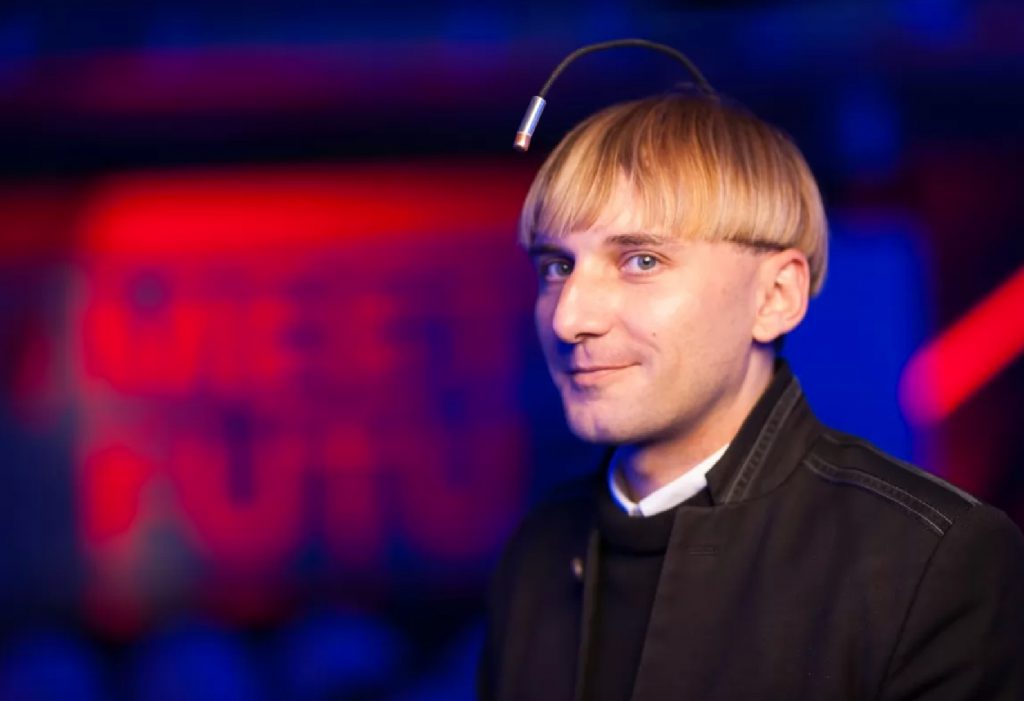
Table of Contents
ToggleThe world of cryptocurrencies is in full swing, and every day we see new advances that never cease to amaze us, but can paying with Bitcoin from your brain with an implant be possible? How far do the limits go?
The controversial Elon Musk once again captured all eyes in his new conference on Neuralink, an ambitious plan that aims to connect the human brain to a computer.
For what? The main reason is that this could allow people with diseases to improve their quality of life. For example, an elderly man with Parkinson’s disease would be able to control his physical movements through thought.
To achieve this, Neuralink scientists and developers are creating a system of ultra-thin, electrode-filled biocompatible probes that would serve to pick up electrical signals from the brain.
This could open up the landscape for new developments, products and services in an unimaginable number of fields of application.
Could Elon Musk Help Bitcoin?
The creator of Tesla says that these probes could be introduced to the subject thanks to a surgical robot, and its system would be interpreted in binary code (just as computers do).
Yes, this would be like a kind of fusion with a computer and with some of its functions so that we could, among other things, pay in Bitcoin from our brain with an implant.
The world I dream of in 2025: The alarm sounds, I open my eyes, I think about buying Bitcoins in Bitnovo and in 2 minutes I already have them in my wallet. While going to the bathroom, I open the Starbucks app (which accepts Bitcoin) and order a Frappuccino that I pay for from my implant. I open the window and a drone comes in with my order ready.
The reality of 2025: I wake up and go to the TV to turn it on, since the remote control does not work. I hear “A new wave of COVID-19 outbreaks continues to affect the main Spanish communities” and I go back to sleep for 5 more minutes.
Brain wallets
Although today the types of Wallet most used to store cryptocurrencies are divided between desktop, mobile, web, paper or hardware, perhaps in the future we can talk about a “brain wallet” or “brain wallet” that connects to the internet and allow us to store our cryptocurrencies.
The term “brain wallet” currently refers to a paper wallet memorized by its owner and consequently, housed solely in his brain. Thanks to these developments, it is likely that in the future memory will become something more similar to the memory of a computer and there we will have our security seed or seed.

Neil Harbisson, the first cyborg, has an antenna implanted in his head that allows him to hear the frequencies of the light spectrum to detect colors and thus solve his color blindness.
The problem of centralization
This is not a minor problem, which should be taken into account. As you imagine both Neuralink and other players that may arise in the implant industry would not be exactly decentralized.
Possibly these implants, at least initially, would be controlled by governments or corporations in which we should place our trust.
Imagine that if Facebook or Google have already proven to be unreliable in handling our personal information, what can we expect them to do if they have access to read what’s on your mind. Even more dangerous if it is in the hands of authoritarian governments such as China, North Korea or Venezuela.
Vitalik Buterin, creator of Ethereum, referred to the problem:
“Am I the only one who finds human genetic enhancement * much more passable than brain implants? Genes are difficult to identify; there is no “gene for obedience to the communist party.” But mixing brains and centralized digital technology runs the risk of undermining our strongest domain of privacy. “
And you are correct, since a brain wallet or PC, despite sounding tremendously useful, carries high risks if its administration is not decentralized.
Just as the authorities now request private information from the social media giants, they could later request it from the companies in charge of the brain chip, probe or coating. Our own memory would be compromised.
So it seems that, at the moment, paying with bitcoins from your brain does not look too good. Maybe the idea will only work (without control or data breaches) in a decentralized world.



